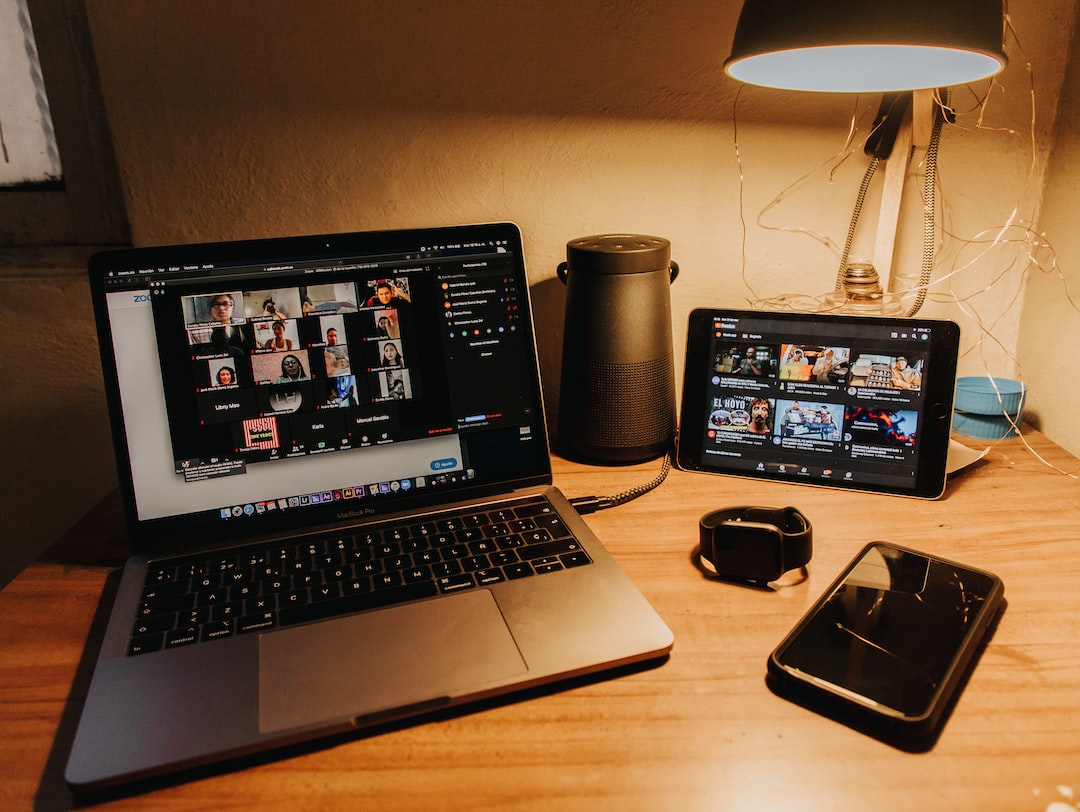Brand Sponsorships in the Digital Age: How Influencers are Changing Marketing
In the era of social media and digital marketing, brand sponsorships have taken on an entirely new form. With the rise of influencers, businesses and corporations have found a new way to reach their target audience and build brand awareness. In this blog post, we will explore the impact of influencers on marketing and how they are changing the game.
Firstly, let’s understand who influencers are and why they matter. Influencers are individuals who have amassed a significant following on social media platforms such as Instagram, YouTube, and TikTok. They have the power to influence their followers’ purchasing decisions and opinions. Their followers trust and admire them, often considering them experts in their respective fields. This trust and loyalty form the foundation of influencer marketing.
Brands are now partnering with influencers to promote their products and services to their target audience. This partnership is often done through brand sponsorships, where influencers receive compensation or free products in exchange for creating content featuring the brand. The content can take various forms such as product reviews, sponsored posts, or even influencer-hosted events.
So, how exactly are influencers changing marketing? Firstly, they bring authenticity and relatability to brand promotions. Unlike traditional advertisements, influencer content feels more organic and genuine. Influencers often showcase how they incorporate the brand into their everyday lives, making it more relatable for their followers. This approach helps in building trust and creates a stronger connection between the brand and its target audience.
Secondly, influencers provide access to a highly-targeted and engaged audience. They have already done the work of building a loyal following that trusts their opinions. By partnering with relevant influencers, brands can tap into these audiences, which saves time and resources in identifying and connecting with potential customers. Instead of casting a wide net, influencers bring brands directly to the audience most likely to be interested in their products or services.
Moreover, influencers enable brands to generate user-generated content. When influencers create content featuring a brand, their followers often engage with it by liking, sharing, and commenting. This engagement leads to increased brand visibility and awareness. Additionally, user-generated content can be repurposed by the brand for their own marketing efforts, further extending its reach.
Influencer marketing also allows brands to leverage the power of storytelling. Influencers know how to weave a narrative around a brand or product, making it more compelling and memorable. They can create compelling stories that resonate with their audience and connect with their emotions. This storytelling approach helps brands leave a lasting impression in the minds of consumers, making them more likely to consider the brand in their purchasing decisions.
Lastly, influencers are changing the way brands measure success. In traditional advertising, success was often measured based on reach and frequency. However, in influencer marketing, metrics such as engagement, click-through rates, and conversions play a crucial role. Brands can track and analyze these metrics to evaluate the effectiveness of their influencer partnerships. This data-driven approach helps businesses make informed decisions and optimize their marketing strategies.
In conclusion, influencer marketing and brand sponsorships have brought a fresh perspective to the world of marketing. With their authenticity, access to a targeted audience, generation of user-generated content, storytelling capabilities, and data-driven approach to success measurement, influencers are revolutionizing the way brands connect with their customers. As the digital age progresses, it is clear that influencers are here to stay and will continue to shape the future of marketing.
